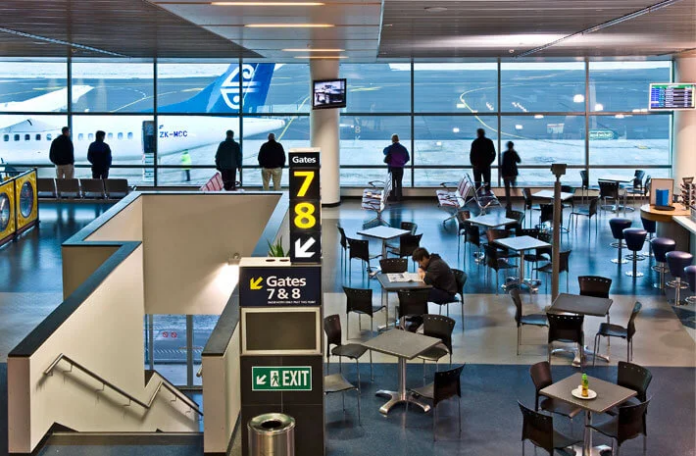Dunedin Airport in New Zealand has implemented a rather unusual rule: hugs in the drop-off zone are now limited to three minutes. A new sign put up by the airport suggests that if travelers want to extend their farewells beyond that, they should move to the parking lot for longer embraces. While it might seem like a quirky rule, it raises the question—why the time limit on something as heartfelt as a hug?
The airport’s CEO, Daniel De Bono, explained that airports are “hotbeds of emotion.” From the joy of reuniting loved ones to the sadness of bidding farewell, the emotional rollercoaster that airports witness is undeniable. But why regulate such moments of affection?
According to De Bono, the policy is a practical one. It’s about managing traffic flow at the drop-off area rather than policing emotions. By limiting hug time to three minutes, the airport ensures a smoother flow of vehicles in a zone that’s usually bustling with hurried goodbyes.
Interestingly, De Bono cited a study that shows a 20-second hug is long enough to trigger a burst of the “love hormone” oxytocin, which promotes bonding and reduces stress. If 20 seconds is enough for a physiological boost, then three minutes should more than suffice, right?
However, this new rule is being met with mixed reactions. While some travelers see it as a harmless way to keep things moving, others argue that it’s unnecessarily restrictive. After all, how can you put a time limit on expressing affection for someone about to embark on a long journey?

Is Emotional Regulation Necessary in Airports?
Airports are spaces where emotions run high. Whether it’s tearful goodbyes or joyful reunions, emotional intensity often peaks in these transient environments. But should an airport be the place where such displays of affection are controlled?
In recent years, with the increase in air traffic and the need for efficient management, many airports around the world have introduced rules to maintain order, especially in high-traffic areas. Dunedin Airport’s new policy, while unconventional, seems to be a reflection of this growing trend of balancing emotional interactions with logistical efficiency.
Public Reaction:
The internet, unsurprisingly, has had a field day with this new rule. Many people on social media are questioning how the airport plans to enforce this rule. Will there be “hug police”? What happens if a farewell lasts longer than three minutes?
Jokes aside, others are pointing out the deeper implications. In an increasingly regulated world, is there a risk of over-policing human emotions? Some argue that this is an example of society leaning too far into efficiency at the cost of personal connections.
Is Three Minutes Really Enough?
The rule seems to suggest that three minutes is a sufficient time for a heartfelt hug. But for some, especially those facing long separations, it may feel like a limitation on their ability to express love and affection. Airports have long been a setting for romantic farewells, tearful goodbyes, and joyful reunions that seem to defy time limits.
For those who believe that emotions shouldn’t be constrained by the clock, the rule feels intrusive. Others, however, see it as a simple, light-hearted policy aimed at improving overall logistics without compromising the spirit of connection.
While Dunedin Airport’s new hug rule may seem like a humorous footnote in the world of airport regulations, it sparks an important conversation about the balance between emotional expression and practical efficiency. Whether this is just a quirky, temporary policy or a sign of increasing regulation in public spaces, only time will tell. But for now, if you’re flying out of Dunedin, make sure to keep those hugs under three minutes—or be prepared to move to the car park for longer goodbyes.

